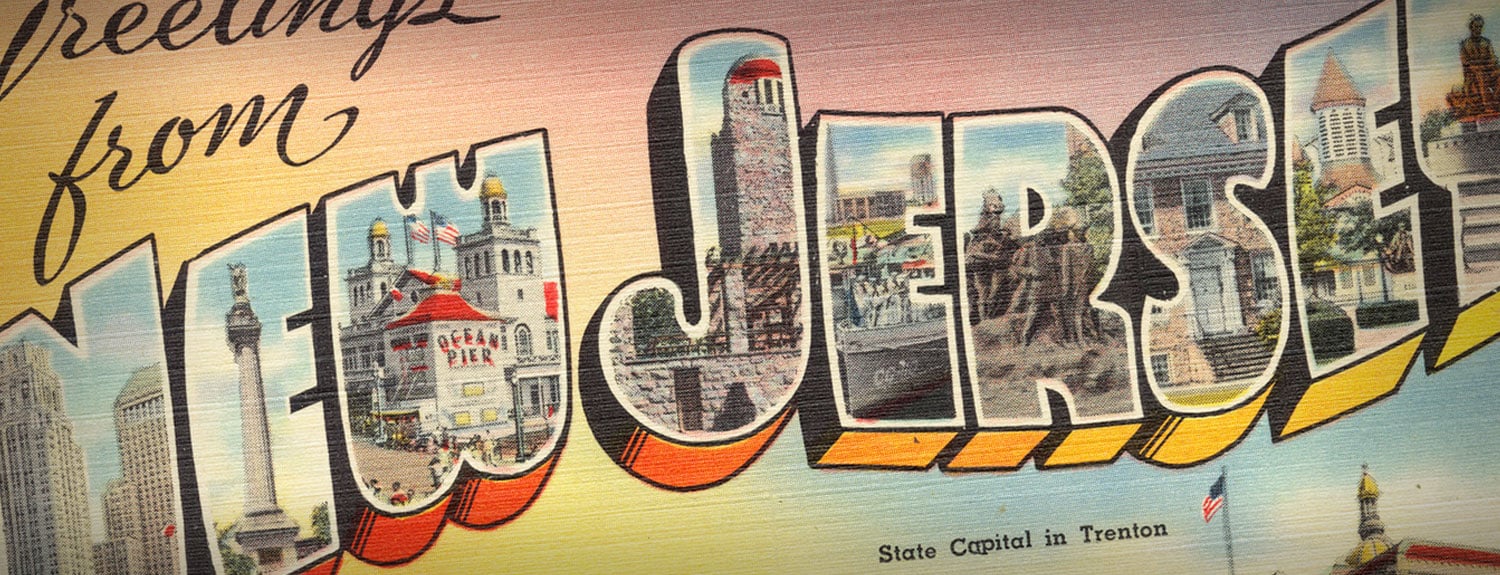New Jersey Online Gambling Soft Launch Isn’t Without Glitches
Posted on: November 23, 2013, 05:30h.
Last updated on: June 13, 2022, 10:06h.

New Jersey’s soft launch of their online gambling platform was, for the most part, a success. The games work, the sites are up and running, and the verification systems are doing their job. In fact, the only real problem is that those systems were working a little too hard, as quite a few residents had trouble proving they were really in New Jersey.
We Have Launch…Sort Of
On Nov. 21, the soft launch of the first round of web gambling sites went live for players located in New Jersey. During the soft launch – which is designed to weed out any bugs and ensure things were working as planned – only about 500 players were allowed on each site. Still, real money play was available, making this the first time state-regulated online gambling had occurred in New Jersey.
Seven casinos were approved to run websites at the time of the launch. They included the Borgata, Trump Plaza, the Taj Mahal, the Golden Nugget, Tropicana, Bally’s, and Caesars Atlantic City. Combined, those sites were able to run 14 gambling websites, including a combination of both casino and online poker sites.
Assuming all goes well in this soft launch period – which extends to the “real” launch date of Nov. 26 – online gambling will be available to all residents in New Jersey over the age of 21 starting early next week. But according to some customers, there are definitely kinks in the system that still need to be ironed out.
As we reported earlier, the most prevalent problem so far was also the one that was the most predictable. Many people had trouble logging into the sites due to the fact that either the geolocation software being used couldn’t be certain they were in New Jersey, or they weren’t immediately able to meet other verification standards in order to prove their residency.
Inaccessible
For instance, some players tried logging in from various locations and still couldn’t find a way to access any of the sites. New Jersey resident Joseph Brennen reportedly attempted to log in from a McDonald’s in Atlantic City, but was told by various sites that they couldn’t tell where he was located, or that they didn’t believe he was in New Jersey. He then tried driving inland and north about five miles, but still couldn’t get the sites to recognize he was in the state.
Driving another ten miles inland and attempting to connect from a restaurant also failed to produce any results. While some of the sites now allowed him to register accounts, they still wanted some proof of residency – such as a utility bill – that he couldn’t immediately provide.
And Brennen wasn’t the only one who ran into such problems.
“I made a small deposit, but when I tried to play they said I wasn’t in New Jersey,” said Tina Gonzalez, who had a long call with customer service and saw her computer crash while trying to set up an account on Caesars’ website. “I’m afraid that when they try to do this statewide on the 26th, it’s going to be mayhem.”
While few people reported those kinds of technical problems, the inability to prove one’s location seemed to be more widespread. While many industry specialists predicted some people would get locked out of the sites due to being very close to the New Jersey border, it’s unclear why this was occurring as much as 10 to 15 miles away from the state’s borders as well.
Hopefully, these issues will be circumvented by the hard launch date to come.
“The soft opening will be used to demonstrate to the division that all systems perform as required under the stress of live gaming and that operational and revenue reporting controls are effective. Staff will continually assess the progress of each platform provider before allowing them to open gaming to the general public on November 26,” said DGE Director David Rebuck in a statement.